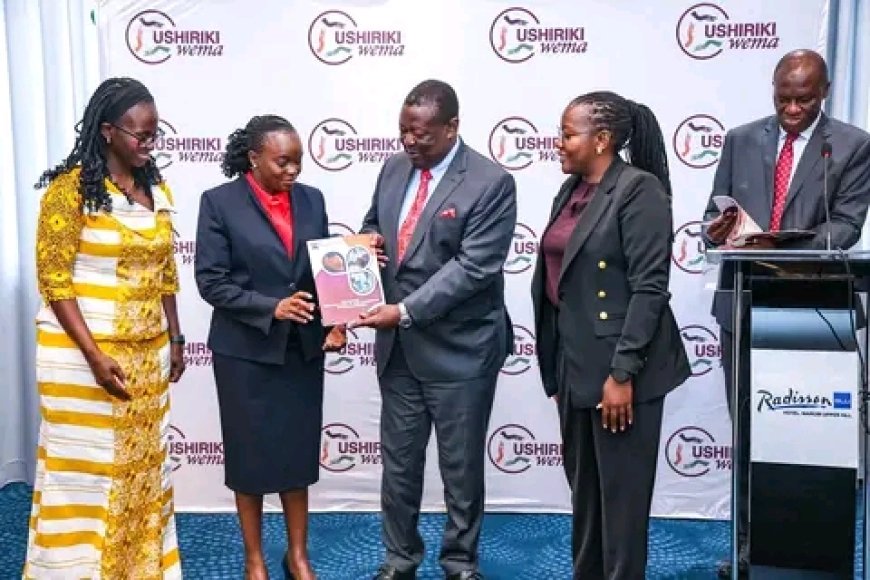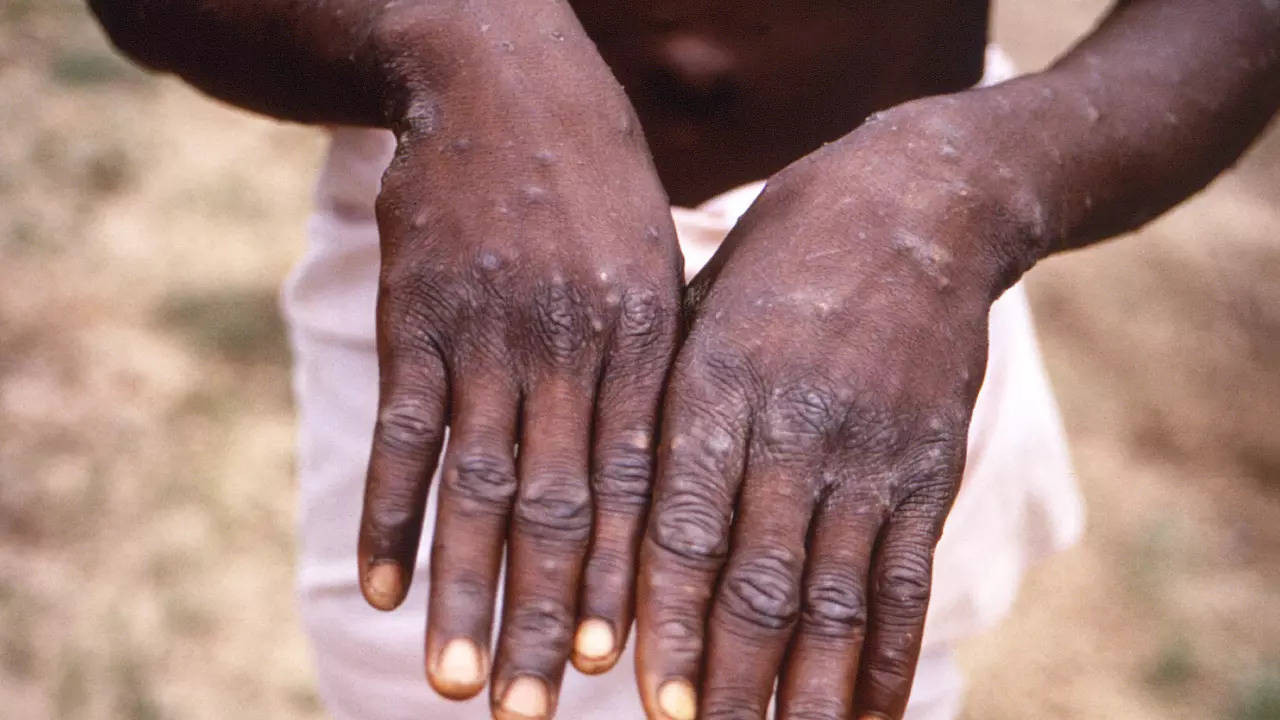Mudavadi urges United Front to curb maternal deaths in Kenya

By Robert Mutasi
Cabinet Secretary, Musalia Mudavadi called for a concerted campaign to address the alarming Kenya's maternal mortality rates.
While addressing the Launch of the Uhai wa Mama na Mtoto Project's National Obstetrics Point of Care Ultrasound -O-POCUS Guidelines at Radisson Blu Hotel, on Monday, November 4, 2024.
Mudavadi reiterated the need for action regarding maternal deaths resulting from pregnancy and child delivery complications.
Maternal mortality is a statistic in which Kenya currently ranks as the fourth highest among African countries, which he said is "unacceptably high."
The following was Mudavadi's urging: "We must come together in solidarity to address the unacceptably high number of maternal deaths resulting from pregnancy and childbirth complications.".
He identified this as an effort that would not only provide critical support for maternal health but also serve as a symbol of the government's commitment to improving antenatal care throughout the country.
The O-POCUS Guidelines are designed to reduce morbidity and mortality rates among mothers and neonates by equipping health professionals with the necessary competence to perform timely and appropriate ultrasound screening.
The newly launched guidelines are expected to transform antenatal care through the devolution of authority to an expanded cadre of healthcare providers.
"These guidelines empower nurses, midwives, clinical officers, and other reproductive health professionals in sharing responsibilities toward conduction of obstetrical ultrasound screenings within the recommended World Health Organization standards," Mudavadi explained.
The initiative also expands the cadre of health professionals trained in conducting the screening and can help plug critical gaps in access to maternal health, especially in remote and under-resourced settings.
In the last ten years, thousands of pregnant women-mostly poor ones relying on public health centers-have been deprived of early access to an ultrasound scan due to a lack of specialized sonographers, radiologists, and obstetrician-gynecologists.
This shortage has heightened the risks associated with delays in diagnosing complications in pregnancies, thereby fuelling Kenya's maternal mortality crisis.
The Uhai wa Mama na Mtoto Project ameliorates this condition with new guidelines that will bridge the gap in expertise by enabling more accessible and timely ultrasound services.
The Mudavadi call of unity to tackle maternal health challenges resonates with the wider Kenyan government commitment to ensuring sustainable healthcare improvement.
The O-POCUS guidelines mark a forward step toward preventing avoidable deaths as the government works toward a robust health infrastructure that can support expectant mothers across the nation.
The message from the Prime Cabinet Secretary underlined that not much could be achieved without collaboration in realizing these healthcare reforms.
This is a sure way of affording health workers with appropriate resources while also improving access to life-saving diagnostics, said Mudavadi, as he called on all stakeholders to support such a transformative initiative in ensuring better health for mothers and children.
What's Your Reaction?



































































































































































































































































































